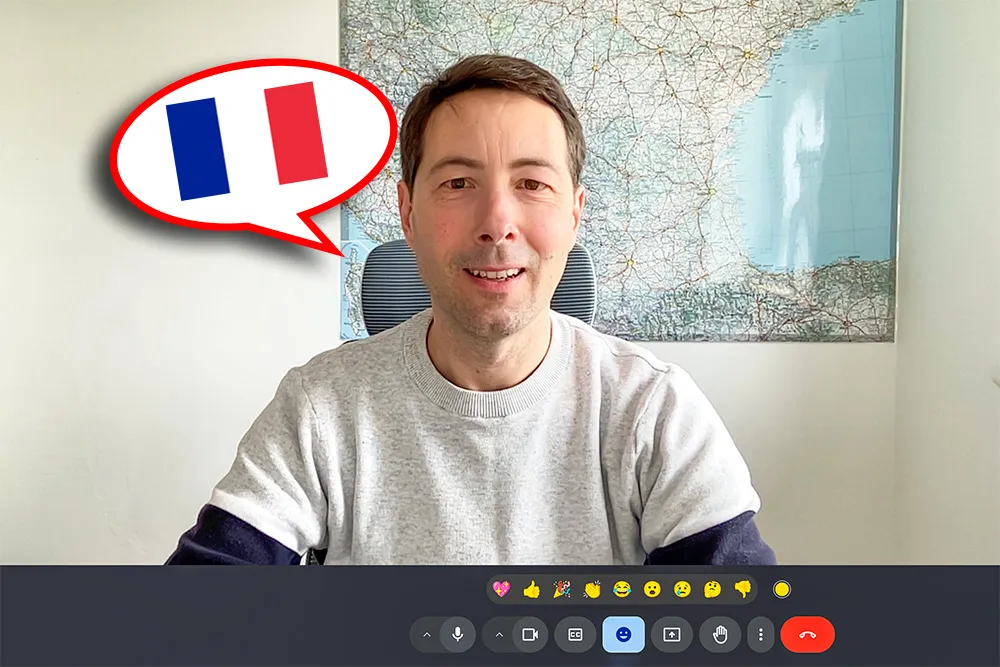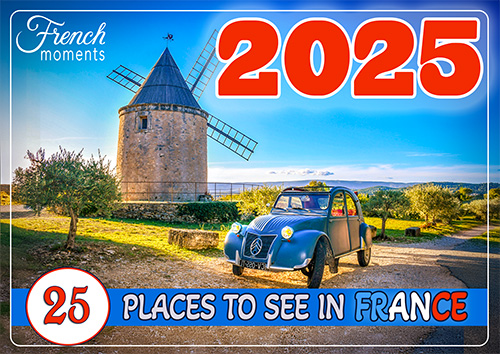Imagine this: you’re strolling through a charming French village, admiring une maison blanche. You turn to your friend and proudly say, “Look! A white house — une blanche maison!”
Well… not quite.
In English, adjectives always come before the noun: a small village, an old church, a beautiful view. Simple, right? But in French, the rules are different — and that can seriously trip up even the most enthusiastic traveller.
This mini-guide will help you navigate the mysterious world of French adjective placement, so you can sound just a little more like a local (or at least avoid the funniest mistakes).
The General Rule: Adjective After the Noun
Most French adjectives go after the noun.
✅ a red car → une voiture rouge
✅ an ancient castle → un château ancien
✅ a delicious meal → un repas délicieux
This often feels backward to English speakers, but think of it as French giving the thing first, and only then describing it.
The Big Seven: Adjectives That Go Before
Here’s the trick: a small group of short, common adjectives go before the noun — and you just need to memorise them.
These are the big seven:
☞ beau (beautiful)
☞ joli (pretty)
☞ bon (good)
☞ petit (small)
☞ grand (big, tall)
☞ gros (large, fat)
☞ vieux (old)
✅ a beautiful village → un beau village
✅ a small café → un petit café
✅ an old hotel → un vieil hôtel (note: vieil before a vowel!)
Why these seven? No deep reason — they’re just the ones that historically settled in front.
Warning: Meaning Can Change!
Sometimes, the position of the adjective changes the meaning.
✅ un ancien hôtel → a former hotel
✅ un hôtel ancien → an ancient (very old) hotel
It’s a subtlety, but a fun one for more advanced learners.
✅ Un ancien hôtel a été transformé en musée.
→ A former hotel has been turned into a museum. (It used to be a hotel, but isn’t anymore.)
✅ Un hôtel ancien se trouve au cœur du village médiéval.
→ An ancient hotel is located in the heart of the medieval village. (It’s an old building, with history.)
Common Traveller Mistakes
Here’s where English speakers often stumble:
❌ saying une rouge voiture (a red car) → it should be une voiture rouge.
❌ saying un hôtel vieux (an old hotel) → it should be un vieil hôtel.
If you remember only one thing: most adjectives come after, except those seven little rebels.
Practical Tip for Travellers
Don’t stress! Even if you get the adjective order wrong, people will understand you. But if you want to impress at the market, the bakery, or chatting with locals, learn these exceptions — they’re guaranteed to earn you a smile.



